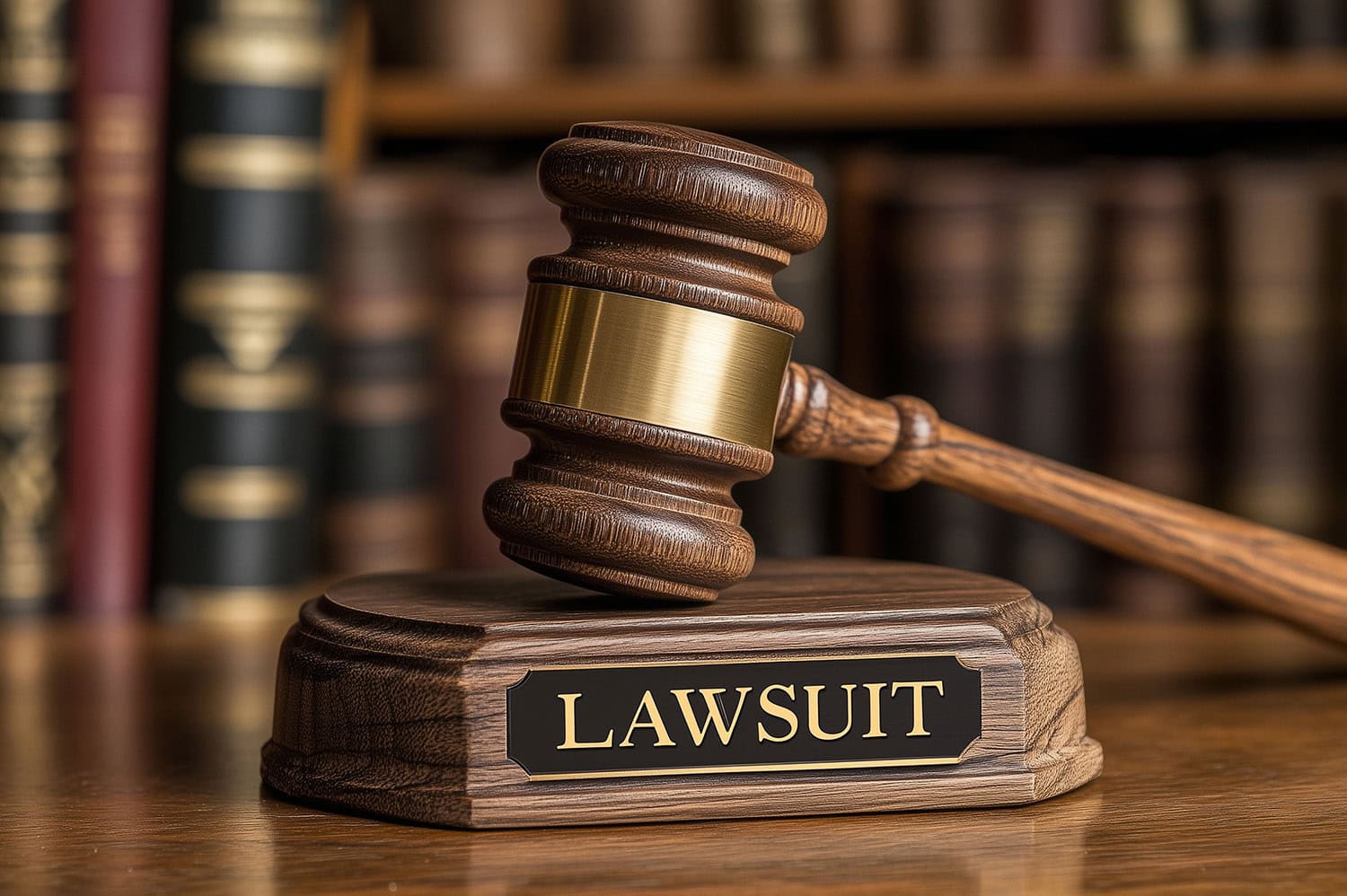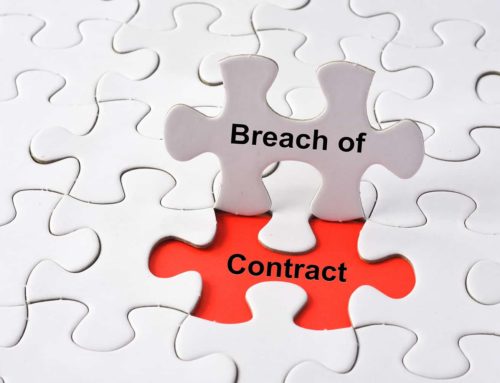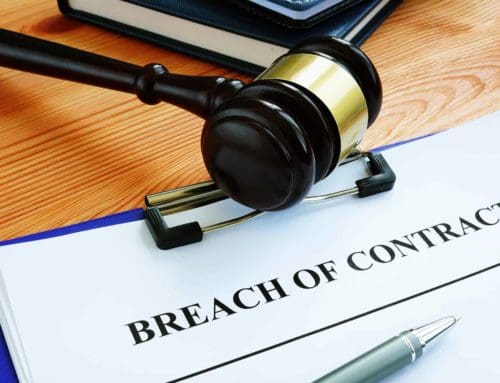How to Defend Against a Civil Lawsuit: Key Strategies for Individuals and Businesses
Receiving notice of a civil lawsuit can be overwhelming. Whether you are an individual or a business owner, being served with legal papers often brings a mix of confusion, stress, and concern about what comes next. In California, civil lawsuits can arise from a wide range of disputes; contracts, personal injury claims, employment issues, or even creditor actions. Knowing how to respond and defend yourself effectively is essential.
At the Law Offices of Brent D. George, we regularly assist clients in understanding their legal rights and options when facing civil litigation. The following overview offers practical strategies that can help individuals and businesses build a strong defense while minimizing potential legal risks.
1. Act Quickly and Responsibly
The first and most important step after being served is to respond promptly. In California, you generally have 30 days from the date of service to file an official response to a civil complaint. Ignoring the lawsuit or missing this deadline can result in a default judgment, which may lead to wage garnishments, bank levies, or other serious financial consequences.
Review the legal documents carefully and make note of deadlines. Seek legal advice as soon as possible. Early intervention allows more time to evaluate your defenses and explore potential resolutions.
2. Understand the Nature of the Claim
Before developing a defense strategy, it is crucial to understand what exactly you are being sued for. This includes reviewing the complaint for:
- The specific legal claims made against you (e.g., breach of contract, negligence, fraud)
- The facts alleged by the plaintiff
- The relief or damages being sought
Understanding the legal theory behind the claim will help you identify whether the lawsuit has merit and what types of defenses may be available.
3. Preserve All Relevant Evidence
Evidence plays a key role in civil litigation. Once you become aware of a lawsuit, you have a legal obligation to preserve all records related to the dispute. This includes emails, contracts, invoices, receipts, photographs, messages, and any other documentation.
For businesses, this may require placing a litigation hold to ensure that relevant digital and physical records are not altered or destroyed. Preserving evidence not only protects you legally but also provides valuable tools for building your defense.
4. Evaluate Your Insurance Coverage
Many individuals and businesses are surprised to learn that their insurance policies may offer some protection in a lawsuit. Depending on the nature of the claim, liability insurance, professional errors and omissions insurance, or business general liability coverage may provide legal defense and settlement funds.
Notify your insurer as soon as you receive notice of a lawsuit. Failing to do so within the timeframe specified in your policy could result in a denial of coverage.
5. Consider Procedural Defenses
In some cases, a lawsuit may be subject to dismissal based on procedural grounds. Common procedural defenses include:
- Lack of jurisdiction: The court may not have the legal authority to hear the case.
- Improper service of process: If the complaint was not served according to legal requirements.
- Statute of limitations: The plaintiff waited too long to file the lawsuit.
An experienced attorney can assess whether any procedural defenses apply and, if so, file a motion to dismiss the case before it progresses further.
6. Challenge the Plaintiff’s Evidence
A strong defense often involves showing that the plaintiff’s claims lack evidence or are based on incorrect assumptions. This could mean disputing the facts presented, providing contrary evidence, or showing that there is no legal basis for the damages claimed.
During the discovery phase, both sides exchange information and gather evidence. This is an opportunity to request documents, submit written questions (interrogatories), and take depositions. A well-planned discovery process can expose weaknesses in the other side’s case and strengthen your position.
7. Explore Settlement Options
Not all civil lawsuits go to trial. In fact, many are resolved through negotiated settlements, mediation, or arbitration. Exploring settlement does not mean admitting fault. Instead, it is often a cost-effective way to resolve the dispute on terms that are mutually acceptable.
A negotiated resolution may help avoid the expense, uncertainty, and time commitment of trial. It can also help preserve business relationships and protect your public reputation.
8. Prepare for Trial if Necessary
If settlement is not possible or advisable, the case may proceed to trial. Preparation is key. This involves:
- Organizing all relevant evidence
- Preparing witnesses and expert testimony
- Developing a clear and persuasive legal argument
While most civil trials in California are heard by a judge, either party can request a jury trial in certain cases. A trial strategy should be carefully crafted to reflect the strengths of your case while anticipating the other side’s arguments.
9. Understand the Role of Legal Counsel
Defending a civil lawsuit involves complex legal rules, strategic decisions, and detailed procedural steps. Working with an experienced attorney is not just about filing paperwork; it’s about protecting your rights and minimizing potential liability.
At the Law Offices of Brent D. George, we take a thoughtful and proactive approach to litigation defense. We understand the unique challenges individuals and businesses face in California’s legal system, and we work closely with clients to develop solutions that reflect their specific circumstances.
10. Take Preventive Measures Going Forward
Regardless of the outcome of your case, it’s important to learn from the experience. Taking preventive steps can reduce the risk of future litigation. Some effective measures include:
- Reviewing and updating contracts
- Improving internal record-keeping practices
- Implementing employee training programs
- Strengthening compliance policies
For businesses, consulting legal counsel before entering into agreements or taking disciplinary action can be a valuable way to avoid legal pitfalls.
Final Thoughts
Defending against a civil lawsuit is never easy, but with the right approach, it is possible to protect your interests and achieve a favorable outcome. Timely action, strategic planning, and professional guidance are the cornerstones of a strong defense.
If you or your business is facing a lawsuit in California, consider reaching out to a law firm that understands both the procedural landscape and the real-world impact of litigation. The Law Offices of Brent D. George is here to help clients navigate the legal process with confidence and clarity. Contact us today for a free confidential consultation.
Disclaimer: This article is intended for informational purposes only and does not constitute legal advice. For personalized assistance, please contact our office at (805)494-8400.





